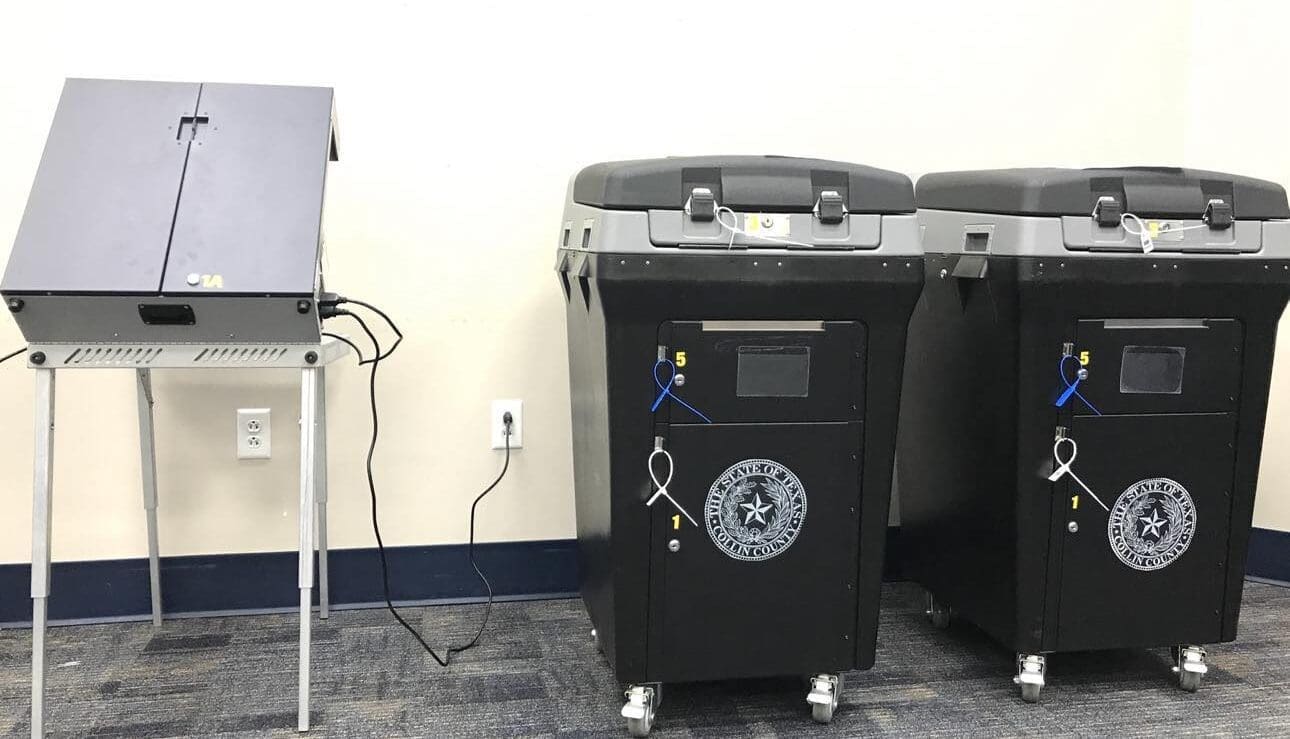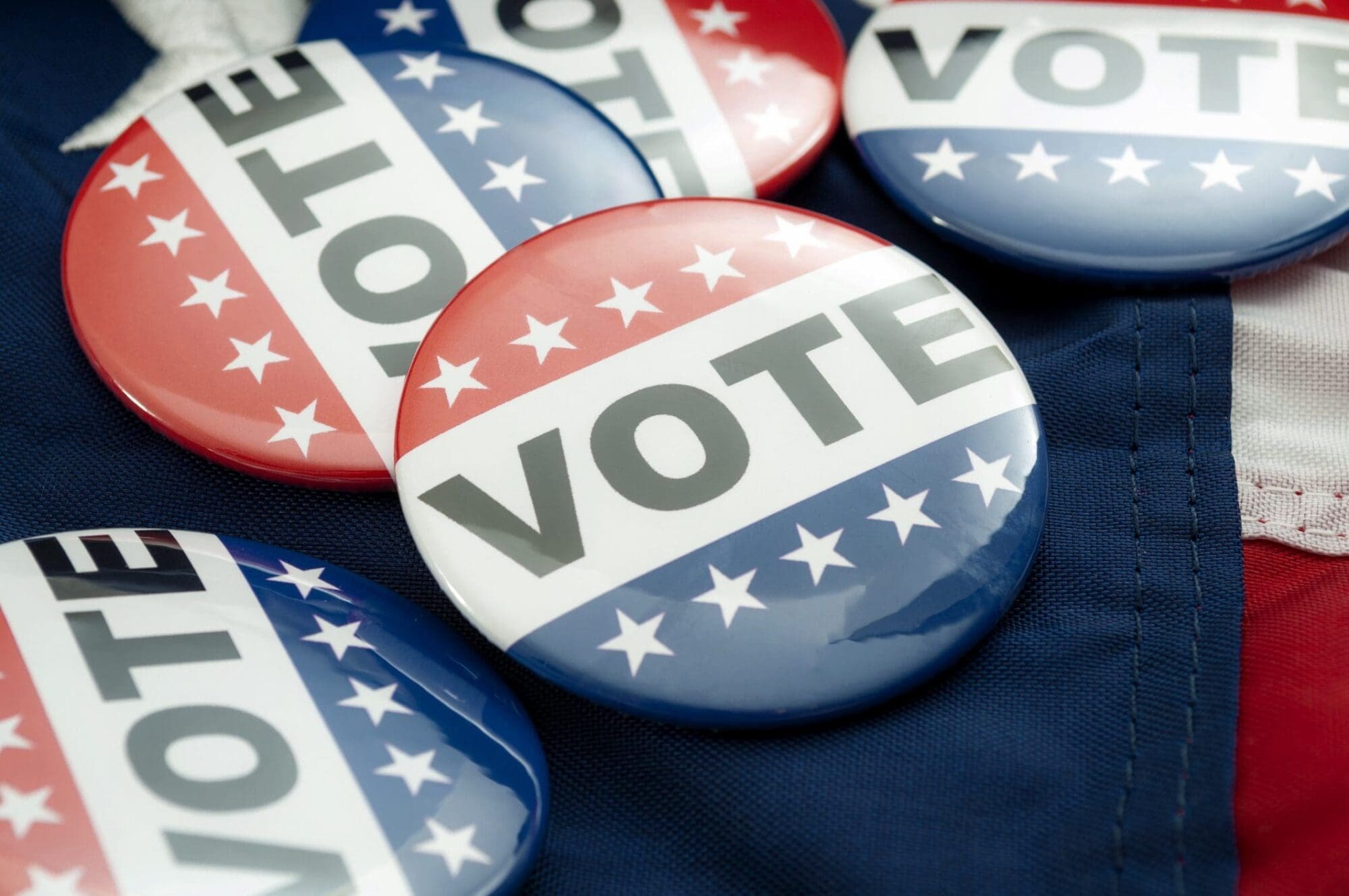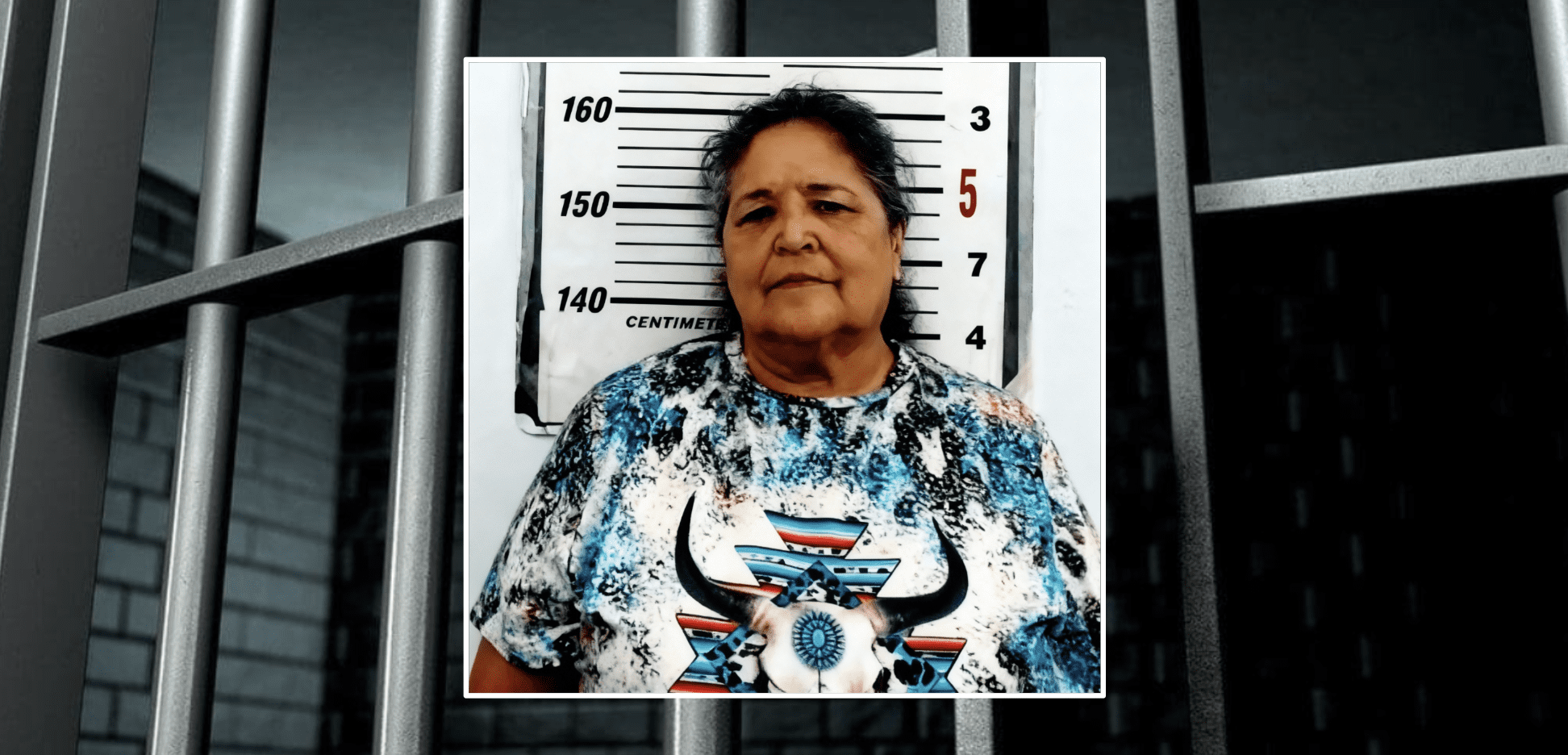On the anniversary of Texas’ most infamous stolen election, citizens in a North Texas county called for changes they believe will make their local elections more secure—including a return to hand-counted paper ballots.
August 28, 2023, marked the 75th anniversary of the 1948 Democrat primary runoff for U.S. Senate between former Texas Governor Coke Stevenson and then-U.S. Rep. Lyndon B. Johnson, in which 202 fraudulent ballots stuffed into Box 13 allowed “Landslide Lyndon” to be declared the winner by 87 votes.
At their weekly meeting on August 28, the Collin County Commissioners Court discussed a variety of changes to the county’s voting procedures suggested by residents.
Advocacy group Collin County Citizens Defending Freedom supplied a list of 17 recommendations for improving elections.
County Judge Chris Hill was receptive to the suggestions and agreed to work with the county elections office on several items.
Hill and the citizens at Monday’s meeting hailed the discussion as a good beginning to an ongoing dialog about election integrity.
“I appreciate your passion for this topic, for election integrity, for making sure we have honest and secure elections,” Hill told residents who showed up to speak on the issue.
During two hours of public comments, dozens of citizens spoke in favor of the recommendations.
No one produced evidence that Collin County’s voting systems have been manipulated or allowed any votes to be changed. Regular post-election audits of paper ballot records have verified the accuracy of machine tallies, and a state audit of the 2020 general election called Collin County “the model of how to run elections in Texas.”
Still, speaker after speaker said they have “no confidence in our elections,” especially voting machines, largely citing examples from other states.
‘Get Rid of the Machines’
Citizens’ top priority is eliminating all machines—including ballot marking devices, vote tabulators, and electronic poll books.
Collin County currently uses the ES&S ExpressVote system, one of two voting systems certified for use in Texas elections. ExpressVote is a “hybrid” system consisting of paper ballots that are marked and tallied by machine. The county purchased the system in 2019 for about $10 million.
The second priority on CCCDF’s list is eliminating countywide polling places, which require using electronic voting systems and poll books, and returning to precinct-based voting.
Collin County has 248 voting precincts but operates about a quarter of that number of countywide vote centers on Election Day (depending on the election), where anyone in the county may vote.
Fewer polls are opened during early voting, but state law specifies that early voters may cast ballots at any polling location in the county.
In a written response to some of CCCDF’s proposals, the Collin County Elections Department noted that using precinct polling places during early voting—when the vast majority of voters cast ballots—would require the legislature to change Texas Election Code.
During Collin County’s November 2022 general election, 70 percent of the 366,000 votes were cast during early voting.
Hand-Counting Paper Ballots
Citizens’ call to eliminate all machines would require hand-marked paper ballots, counted by hand at each precinct polling place.
Hill called the proposal “a big ask and a big responsibility.” He said a “critical goal” of the county is to conduct elections, including ballot counting, “with excellence.”
“That means we must not only be 100 percent accurate, we must be timely,” he said, which is a challenge with hand counting.
CCCDF recently hosted a meeting demonstrating various methods of hand-counting ballots.
One presentation, a “Hand Count Road Show” that’s been touring Texas, featured Mark Cook and Clint Curtis, a pair of self-described experts and Democrat voters from Colorado and Florida, respectively. Curtis demonstrated a system he hopes counties will buy that uses a simple push-button counting device plus an overhead camera. Two-man teams use the system to tally votes in each race, at a rate of about 100 ballots in four to six minutes.
Another hand-counting advocacy group at the meeting, Tally Texas, is encouraging counties across the state to adopt the “Chapter 65 Method,” referring to the section of the Election Code that prescribes procedures for tallying hand-marked paper ballots at precinct polling places.
Advocates said counties could also adopt a “stack and count” method used to conduct recounts.
“Not every method works for every county,” said Beth Biesel, an election integrity advocate from Dallas who backs the hand count system promoted by Curtis and Cook.
Hill, who attended the CCCDF meeting, noted Monday that the county can’t use the Hand Count Road Show system because it is not certified for use in Texas.
“We’d have to use the call and tally method, which is slower,” he said.
Still, Hill calculated the number of people Collin County would need to hand-count ballots in a general election using the faster “four-minute rule.”
“The math is significant because we’re the sixth-largest county in Texas,” he said.
Based on data from the November 2022 election, Hill estimated that it would take more than 6,000 people working non-stop for four hours to get election results by midnight.
“We couldn’t even find space to put that many workers in the polling places,” he said.
“That’s not the final answer,” he added. “That’s our obstacle.”
Hand count proponents have not clarified whether the same poll workers who just finished a 14-hour day would also then count ballots for another four hours, or whether an additional 6,000 workers would need to be recruited for counting purposes.
Hill then challenged the paper-only proponents to try hand-counting ballots during the March 2024 primary, noting that 81,000 ballots were cast in the last Republican primary.
Each party determines how their primaries are run, and many of the hand count proponents are Collin County GOP precinct chairs who said they are willing to count ballots on election night.
“That’s an opportunity to take on that task at a fraction of the number of voters, if the executive committee so chooses,” he said. “Show how it can be done with excellence… 100 percent accuracy and timeliness.”
Hill agreed with several other items on the CCCDF list, including using preprinted ballots with sequential numbers.
“I’m going to recommend that our election staff do just that,” said Hill, adding that there is room on the ballot for both a preprinted number and the randomized serial number generated by the voting system at check-in and verified during the tallying process to keep out counterfeit ballots.
He noted that pre-numbered ballots not used in each election would get discarded, an added expense for the county.
Hill also noted that several recommendations on the CCCDF list would require legislative action, including a possible solution to voting machine concerns that allows machine tallies to produce unofficial results on election night, followed immediately by hand counts to verify the results before they are certified.
“I’m committed to this issue with you,” he said.
Commissioner Darrell Hale said citizens had presented “very many reasonable comments that I think the elections office is going to act on.”
“I support making our elections more secure, I always will, but I’m concerned about individuals with agendas,” said Commissioner Susan Fletcher, noting that all people who participate in the hand-counting process may not be honest and trustworthy.
“I’m very supportive of making sure we give our citizens the confidence in these elections that is necessary, as well as making sure that we are doing everything possible to make sure we have a timely election and an accurate election,” she added.
Near the end of Monday’s meeting, the court passed two motions responding to CCCDF recommendations.
One affirmed the county’s intent to explore options for relocating the elections office to its own building. Hill said the county had been unable to acquire leases to the adjoining spaces in the strip center that currently houses elections, which are occupied by the Dallas Morning News and Dominion (due to a company Dominion acquired that formerly supplied and stored voting equipment for the county).
The other motion directed the elections office to remove any “IDRAQ8” components from inventory and to exclude the component from future contracts. Hill noted that the county doesn’t use the component, so that request was “no problem.”
Moving Forward by Returning to the Past
A return to voting methods used in LBJ’s day has become increasingly popular over the past few years, in Texas and across the country.
On Tuesday night, the Gillespie County Republican Party passed a resolution to use hand-marked, hand-counted paper ballots and paper poll lists in their March 2024 primary, with a single early voting location and precinct-level polling places on Election Day.
Gillespie County has 13 voting precincts and about 21,000 registered voters. About 6,000 participated in the GOP 2020 presidential primary and 6,500 voted in the party’s 2022 primary.
Last week, the Republican National Committee adopted a resolution urging “a ‘return to excellence’ in American voting and elections” that supports paper-based voting systems, hand-counting, precinct-based polling locations, and voter ID, among other measures.
No ads. No paywalls. No government grants. No corporate masters.
Just real news for real Texans.
Support Texas Scorecard to keep it that way!





